Author: Thomas
-

Can you Scuba Dive and Fly on the Same Day?
Scuba diving and flying can be risky to combine on the same day due to the effects of pressure changes. Both activities provide unique experiences, but diving followed by air travel can lead to serious health issues if not approached carefully. As more travelers explore underwater adventures, it’s important to know the basic guidelines for…
-
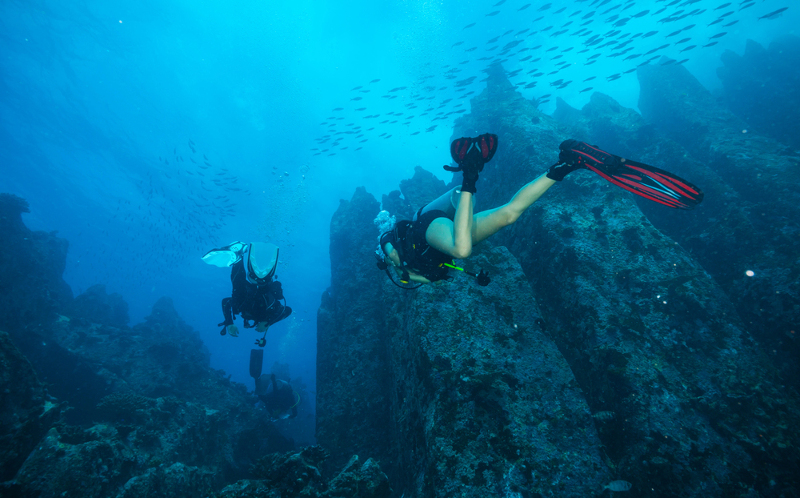
How Can Stay with your Buddy on a Scuba Dive?
Staying close to your dive buddy is important for safe underwater exploration, yet it can be challenging even for seasoned divers. While it sounds simple—stay near and communicate—the underwater environment presents various factors that can complicate this practice. Differences in swimming pace, buoyancy control, visibility changes, and diver preferences can lead to accidental separation. By…
-
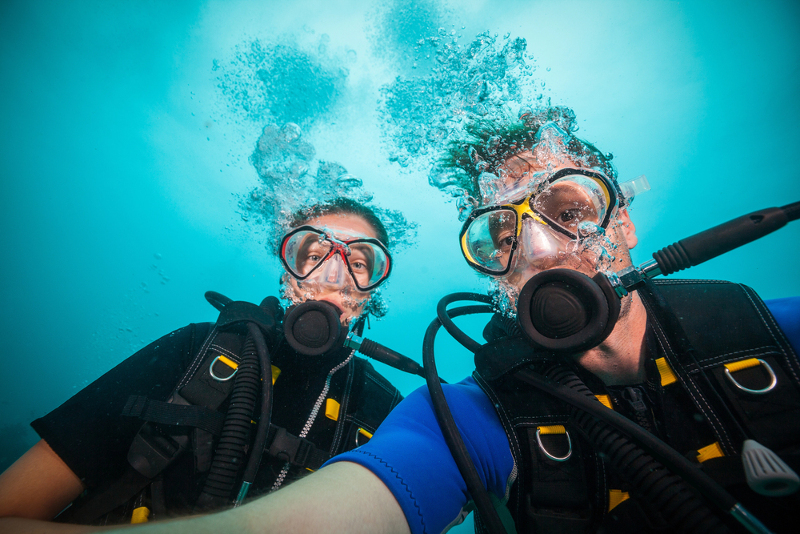
Scuba Diving with Contact Lenses
For many diving enthusiasts who need vision correction, contact lenses offer both benefits and challenges. While these small aids can enhance underwater clarity, they also require careful consideration. From selecting the right type of lenses to following important safety guidelines, understanding the associated risks and exploring alternatives can greatly influence both safety and enjoyment during…
-
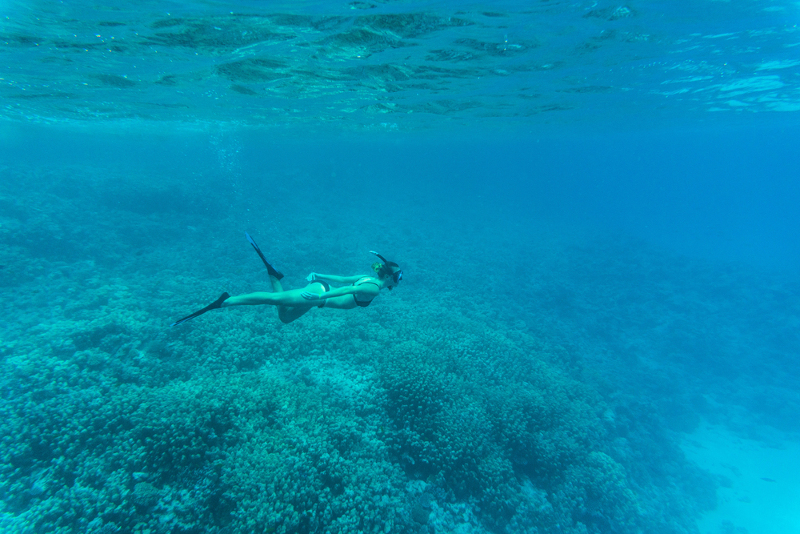
Skin Diving vs Scuba Diving
When exploring the underwater world, skin diving and scuba diving provide different experiences. Skin diving involves minimal gear for quick, surface-level exploration, while scuba diving allows for longer underwater excursions with more advanced equipment and training. Knowing these differences is important for anyone considering underwater activities, as they affect everything from initial costs and preparation…
-
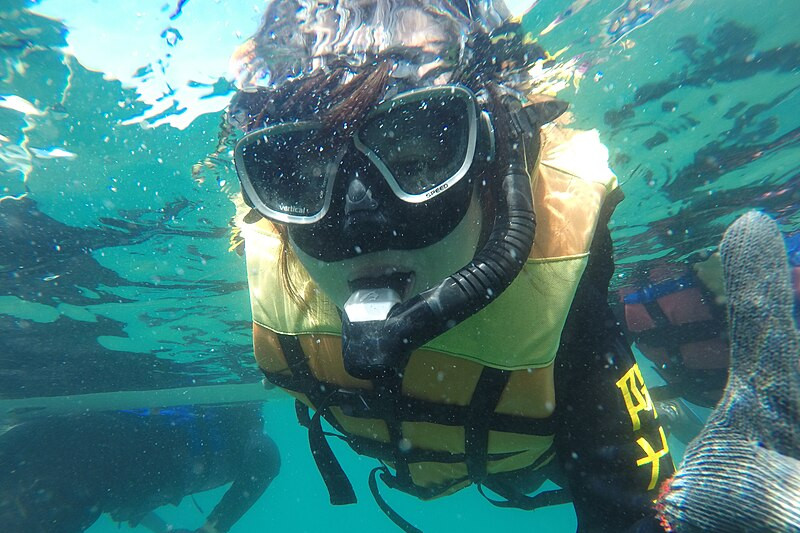
How to Relax while Scuba Diving?
Scuba diving provides a unique opportunity to explore underwater environments, but many divers experience anxiety while submerged. Whether you are new to diving or have some experience, staying relaxed is important for both safety and enjoyment. The combination of new equipment, water pressure, and the expansive ocean can lead to stress. However, there are effective…
-
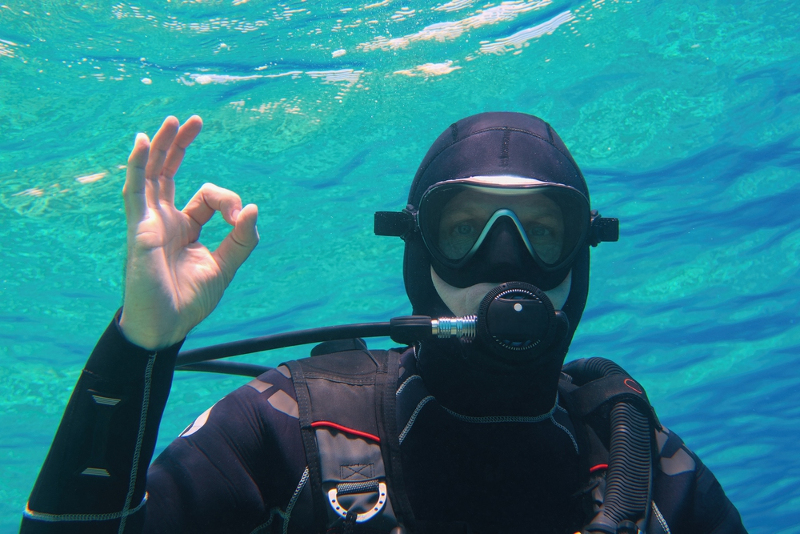
How to Ascend in Scuba Diving?
Ascending safely in scuba diving is a vital skill that divers need to master to avoid potential issues underwater. While the principles behind proper ascent techniques are clear, implementing them requires careful consideration of factors such as buoyancy control, air management, and decompression safety. Whether you are a novice seeking to build confidence or an…
-
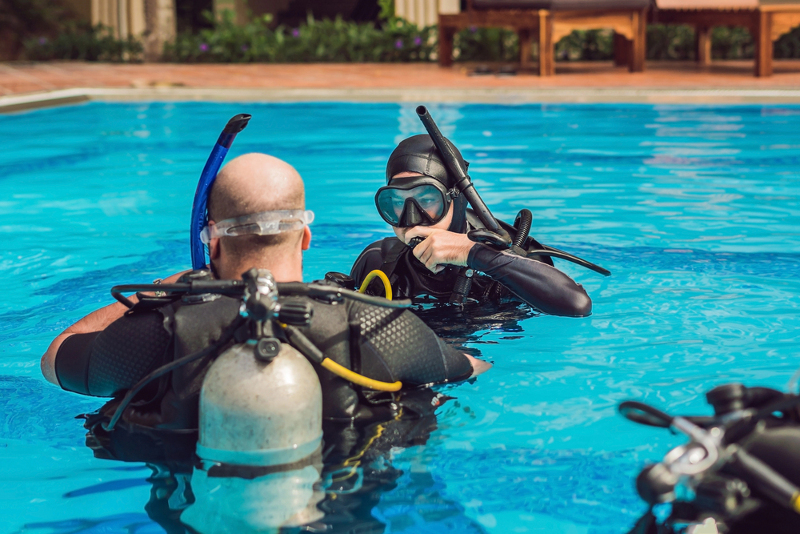
How to Become a Scuba Dive Instructor?
Becoming a scuba diving instructor is an appealing career choice that merges a love for underwater activities with professional skill. The journey involves a commitment to progressing through various certification levels, allowing you to turn recreational diving into a job. This path includes mastering essential diving skills and developing effective teaching techniques while adhering to…
-
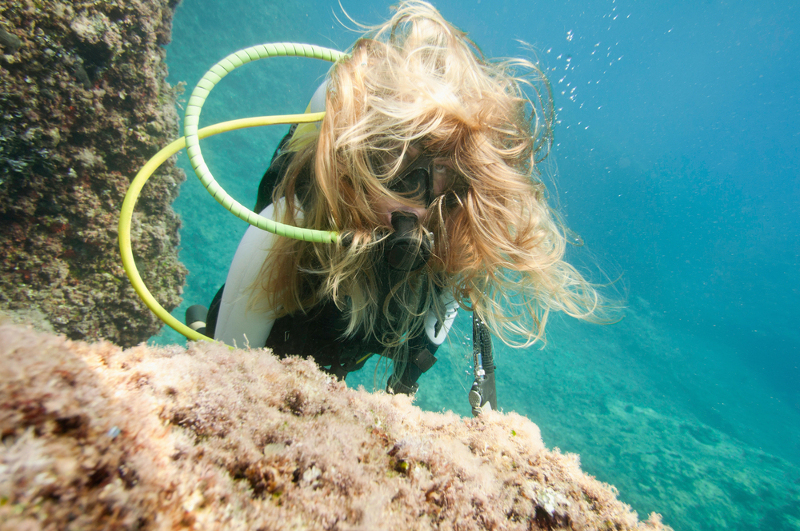
How to Keep Hair Out of Face While Scuba Diving?
Managing hair while diving can be a challenge that affects both safety and enjoyment underwater. Loose strands can obstruct your view or interfere with mask seals, turning a pleasant dive into a frustrating experience. This issue is common for divers of all experience levels, especially those with longer hair. However, there are practical techniques and…
-
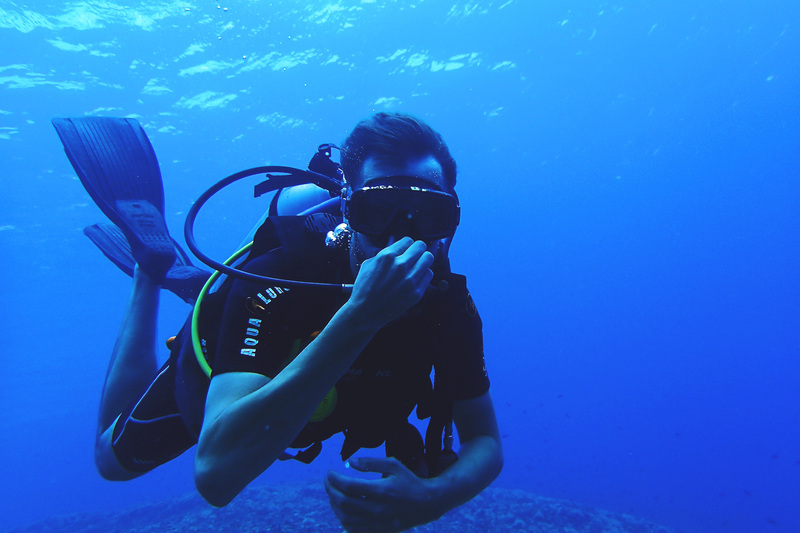
How to Cough while Scuba Diving?
Coughing while underwater can be challenging for divers. Unlike on land, this reflex requires specific techniques to handle safely. The pressure, gear, and water environment change the dynamics of a simple cough, making it important to know how to manage it properly. This skill is not just about comfort; it can prevent minor issues from…
-
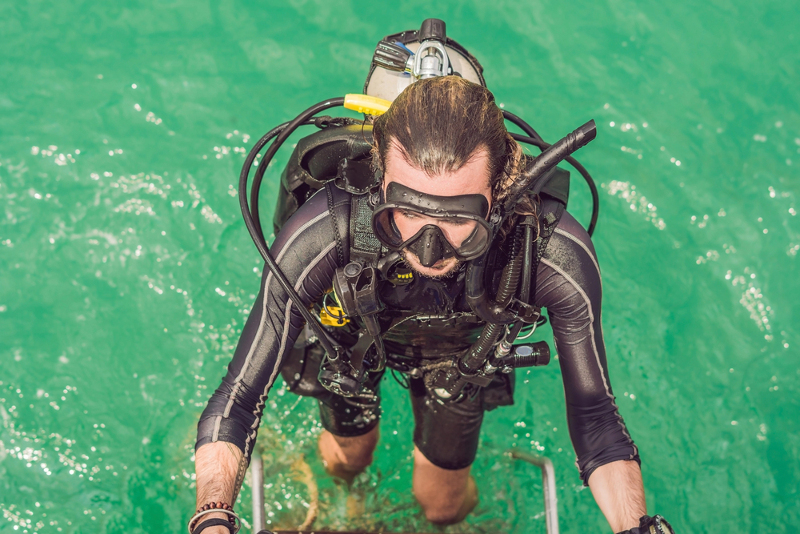
Runny Nose After Scuba Diving
Diving opens up an amazing underwater world, but it can also lead to a bothersome issue known as “diver’s nose”—a post-dive nasal reaction that many divers experience. While a runny nose may seem minor on land, it can present challenges for divers, affecting their safety and enjoyment. Understanding the body’s responses to pressure changes, temperature…